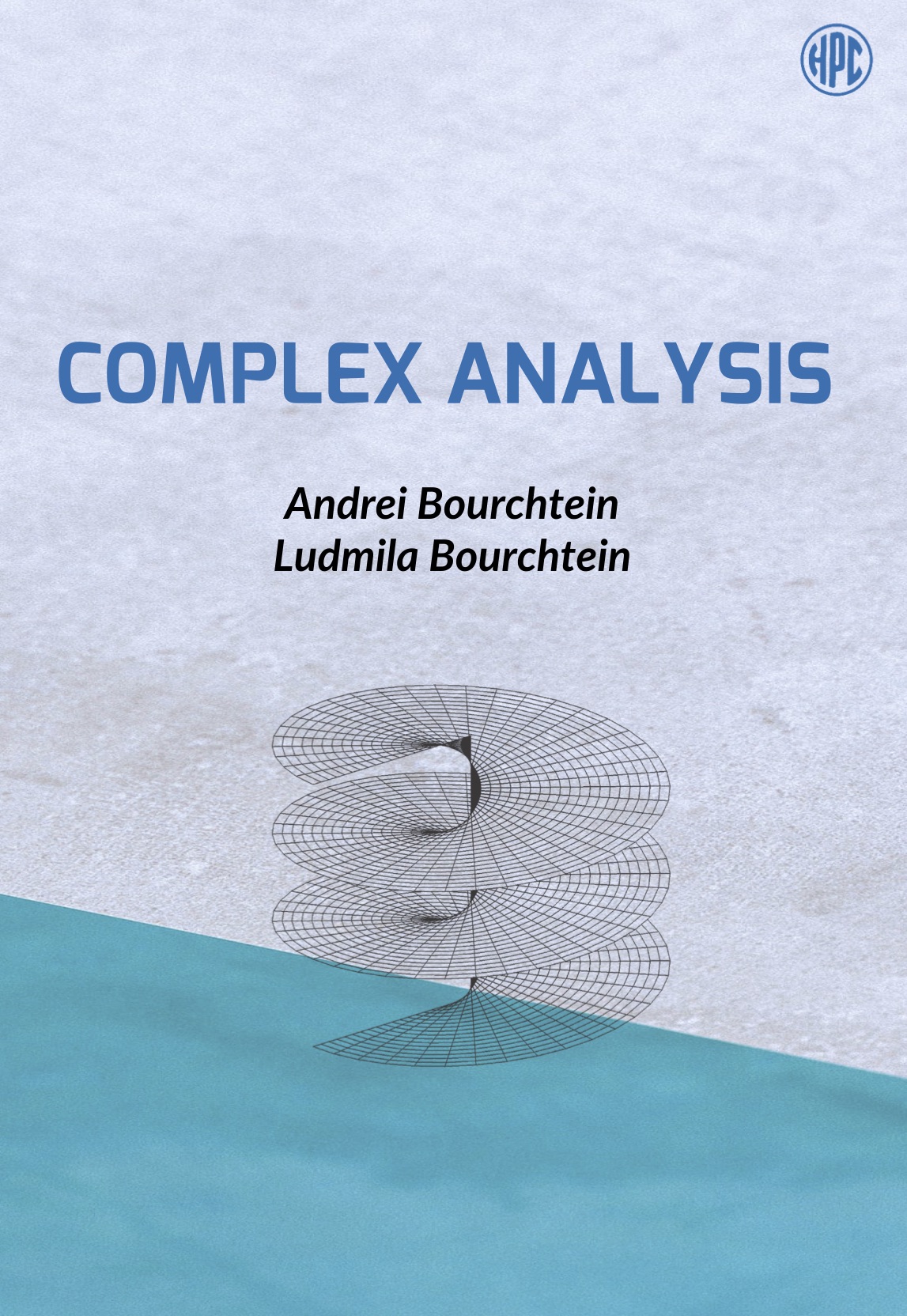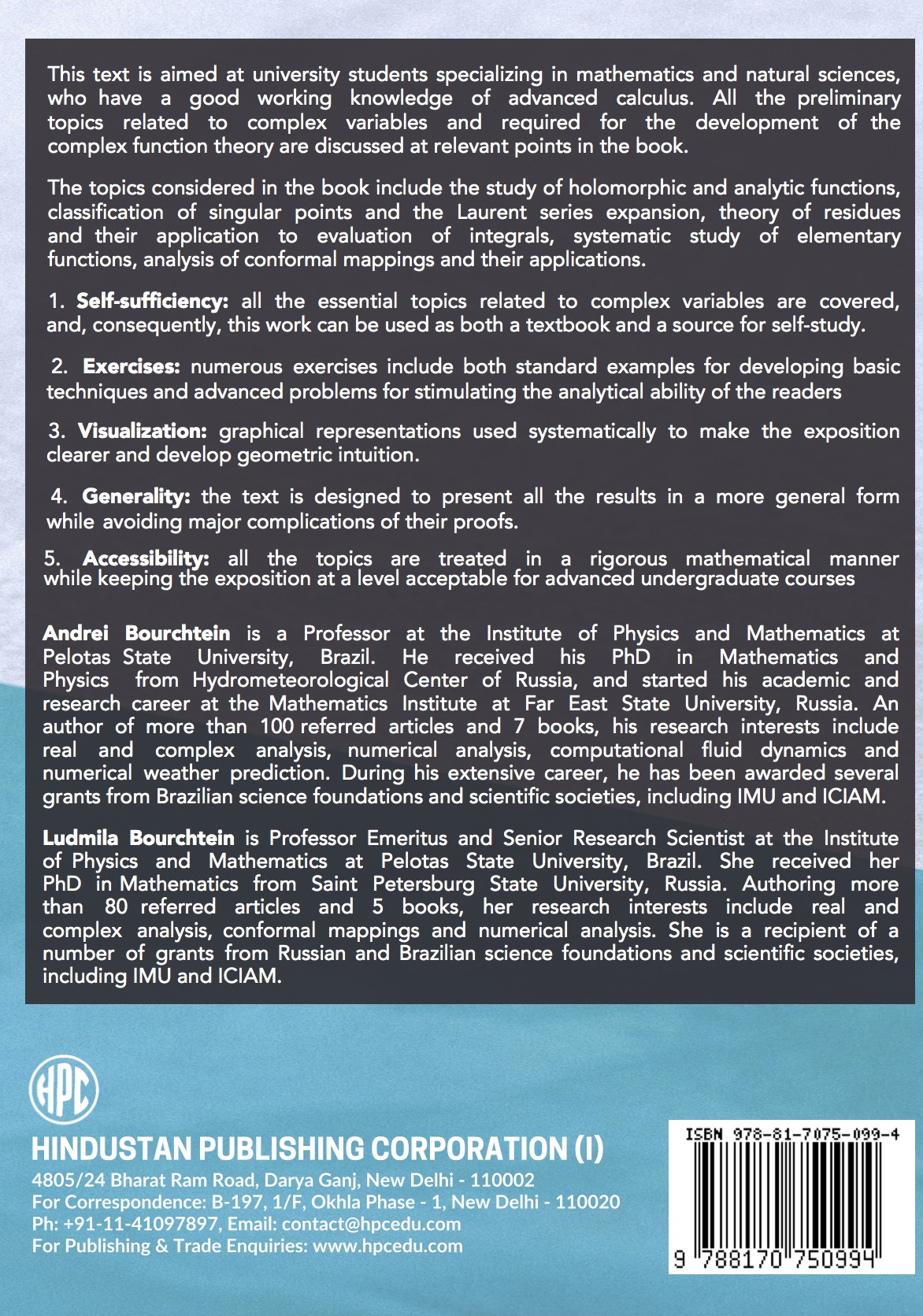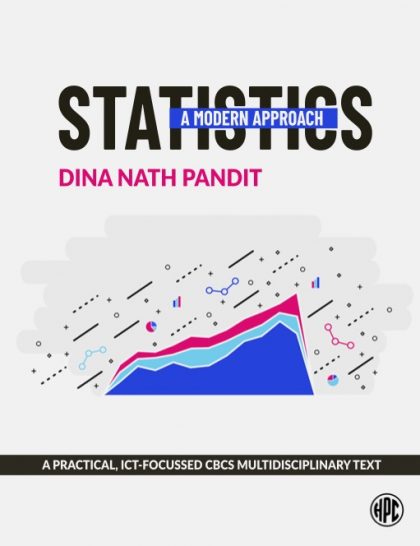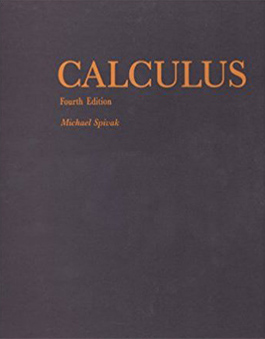About The Book
This text is aimed at university students specializing in mathematics and natural sciences, and at all the readers interested in studying complex analysis. The mathematical level of the exposition corresponds to advanced undergraduate courses of mathematical analysis and first graduate introduction to the discipline.
The book covers all the traditional topics of complex analysis, starting from the very beginning — the definition and properties of complex numbers, and ending with the theorems of great importance both for analysis and applications — the fundamental properties of conformal transformations. The topics considered in the book include the study of holomorphic and analytic functions, classification of singular points and the Laurent series expansion, theory of residues and their application to the evaluation of integrals, systematic study of elementary functions, analysis of conformal mappings and their applications.
The book is designed for the reader who has a good working knowledge of advanced calculus. All the preliminary topics related to complex variables and required for the development of the complex function theory are covered in the initial part of the text and, when necessary, at the starting point of each topic. As a consequence, this work can be used both as a textbook for advanced undergraduate/graduate courses and as a source for self-study of selected (or all) topics presented in the text.
The book contains a large number of problems and exercises, which should make it suitable for both classroom use and self-study. Many standard exercises are included in each section to develop basic techniques and test understanding of concepts. Other problems are more theoretically oriented and illustrate more intricate points of the theory. Many additional problems are proposed as homework tasks at the end of each chapter. Their level ranges from straightforward, but not overly simple, exercises to problems of considerable difficulty, but of comparable interest.
Key features of the book:
-
Self-sufficiency: all the essential topics related to complex variables are covered, and, consequently, this work can be used as both a textbook and a source for self-study.
-
Exercises: numerous exercises include both standard examples for developing basic techniques and advanced problems for stimulating the analytical ability of the readers.
-
Visualization: graphical representations used systematically to make the exposition clearer and develop geometric intuition.
-
Generality: the text is designed to present all the results in a more general form while avoiding major complications of their proofs.
-
Accessibility: all the topics are treated in a rigorous mathematical manner while keeping the exposition at a level acceptable for advanced undergraduate courses







Reviews
There are no reviews yet.